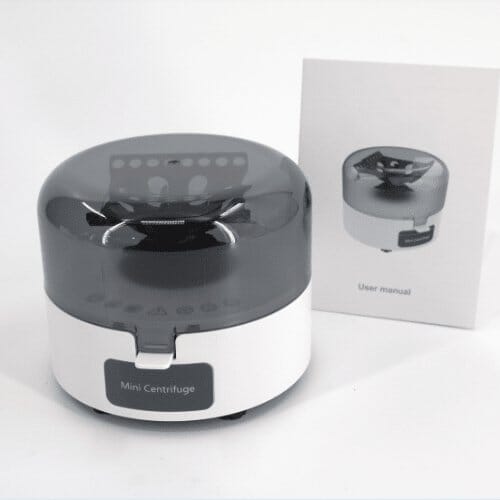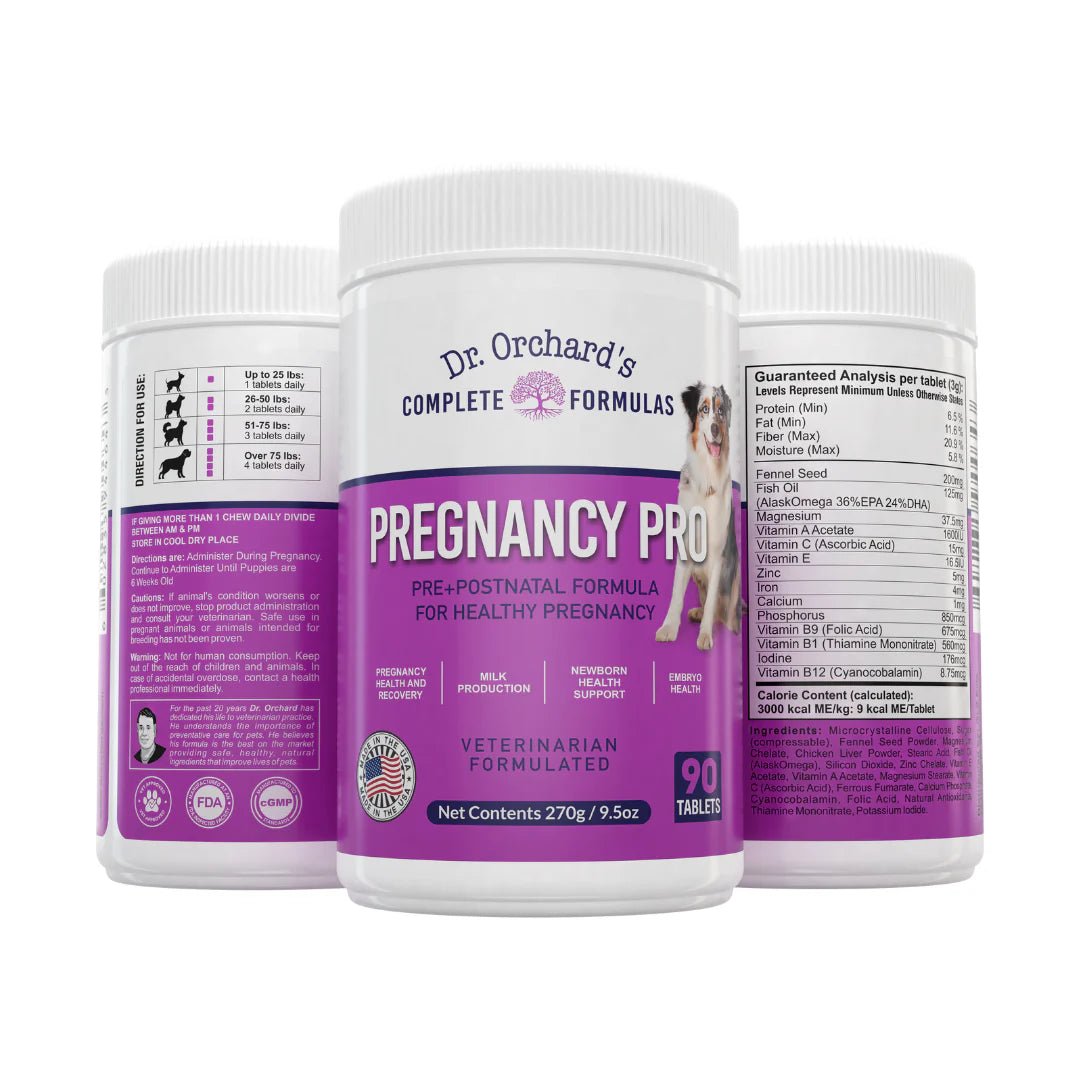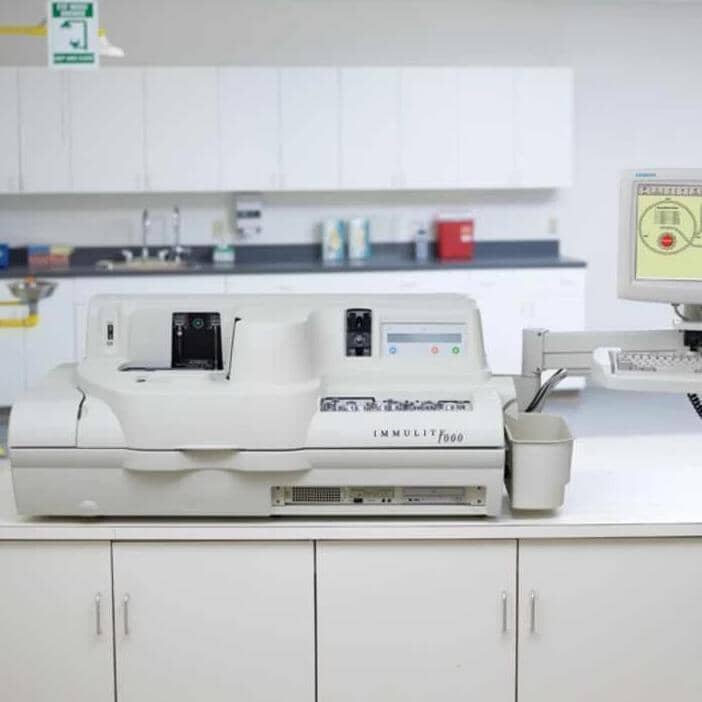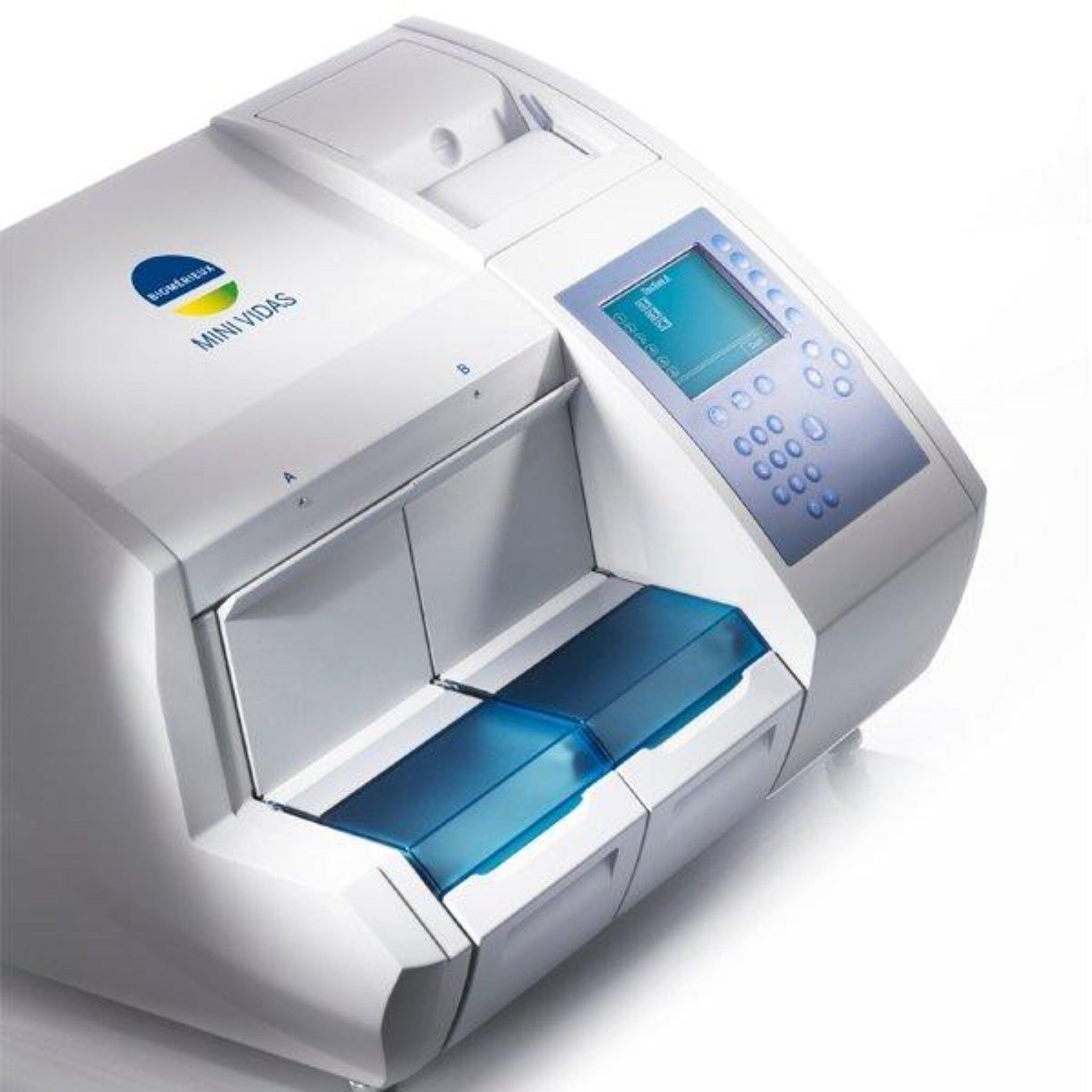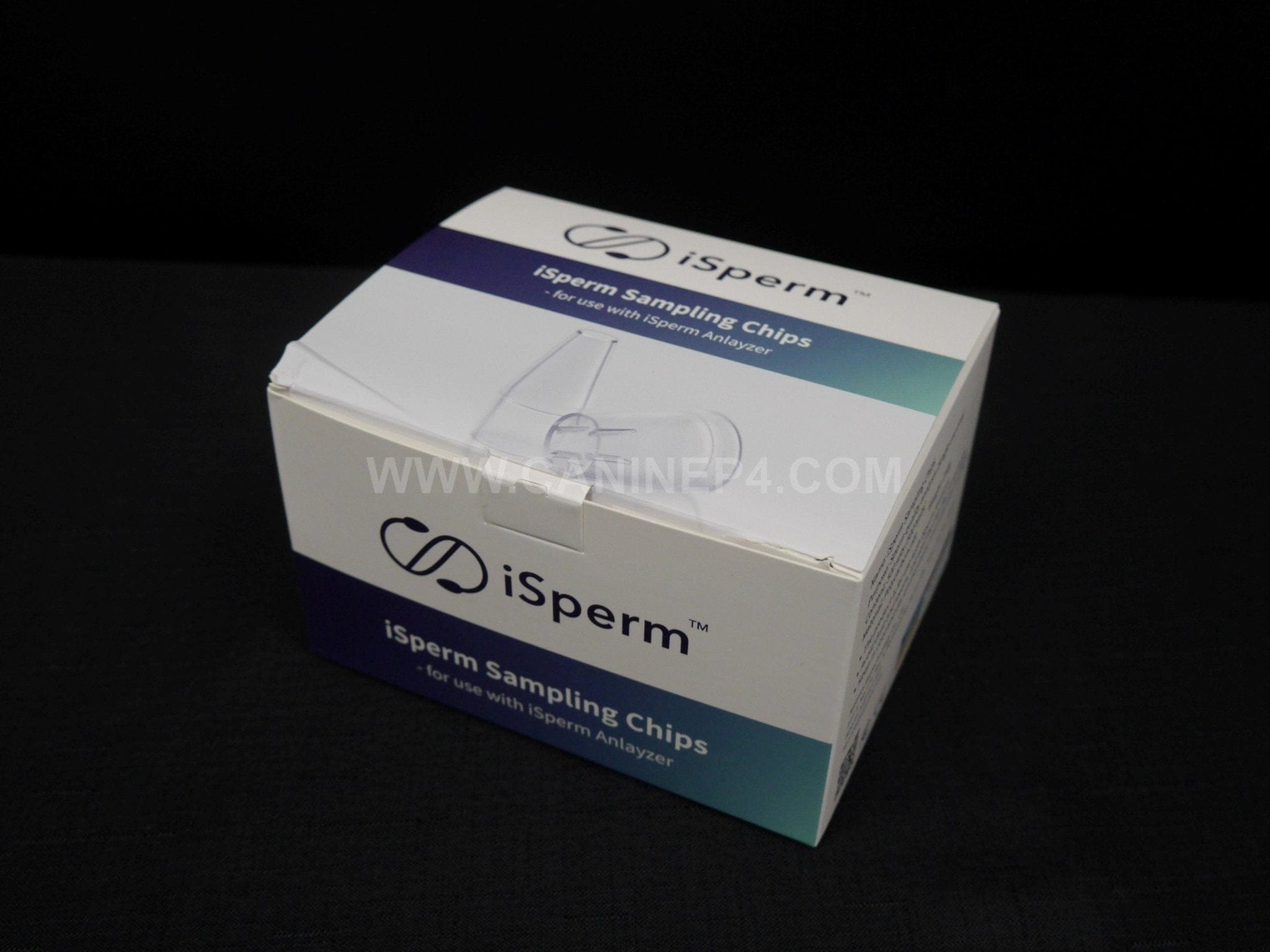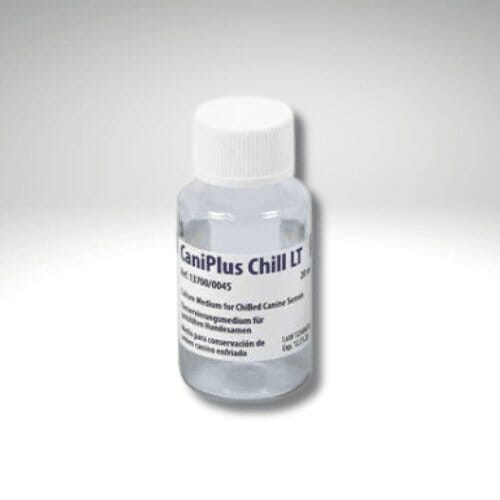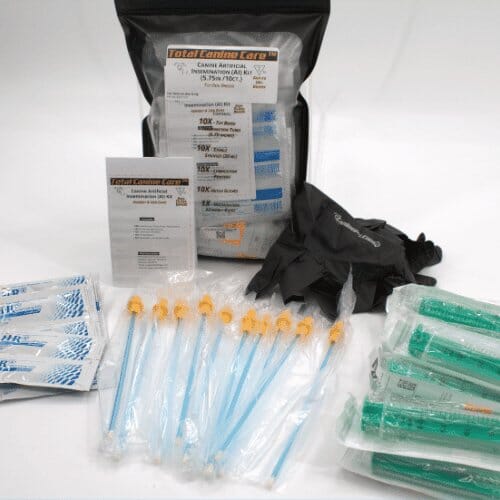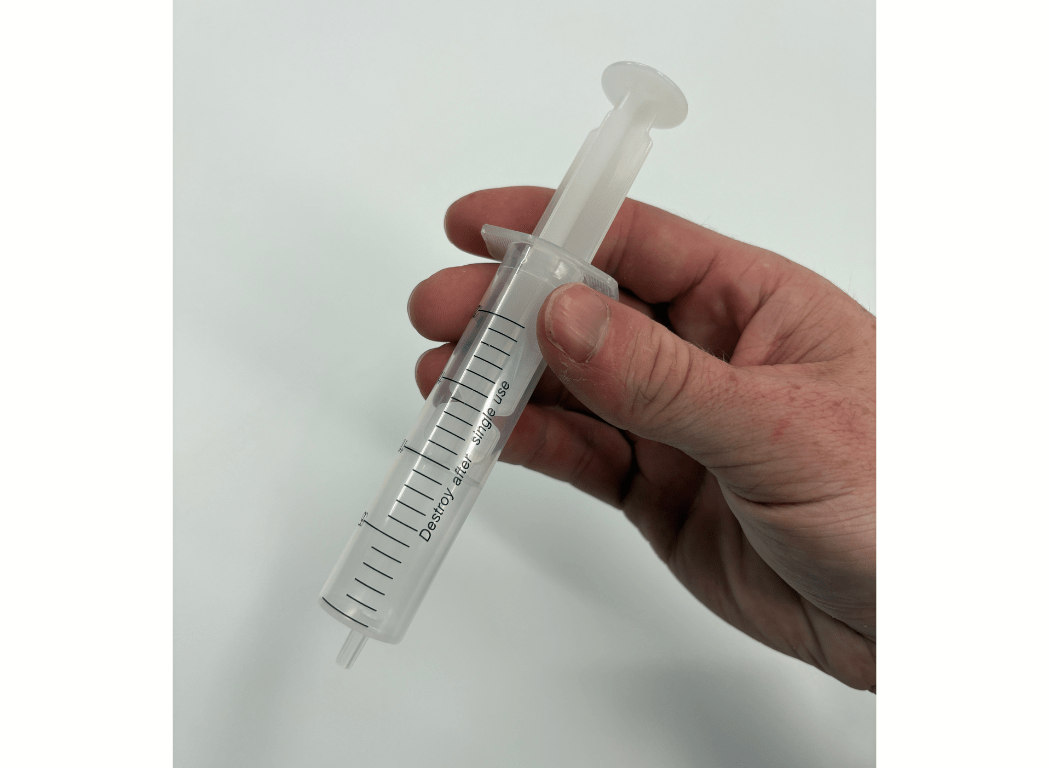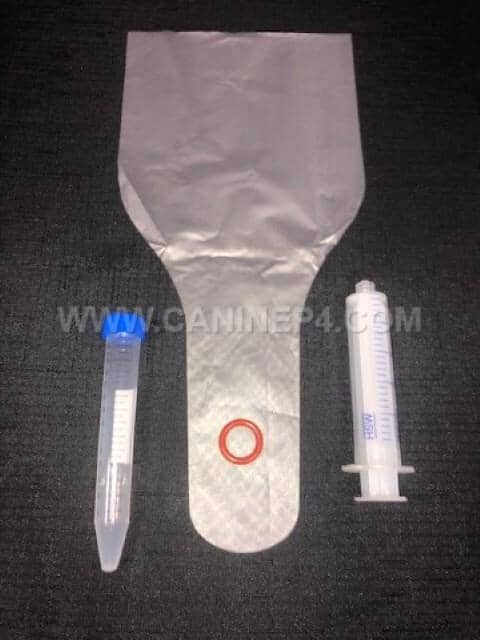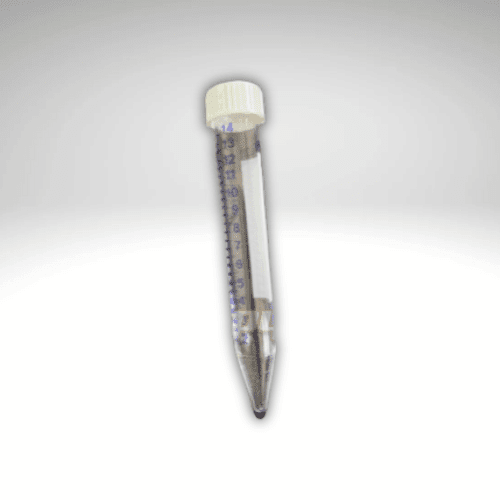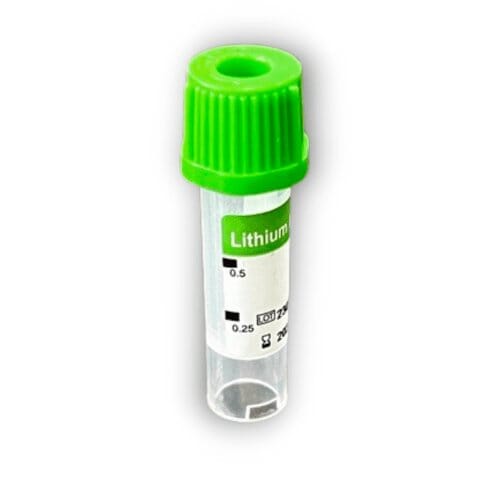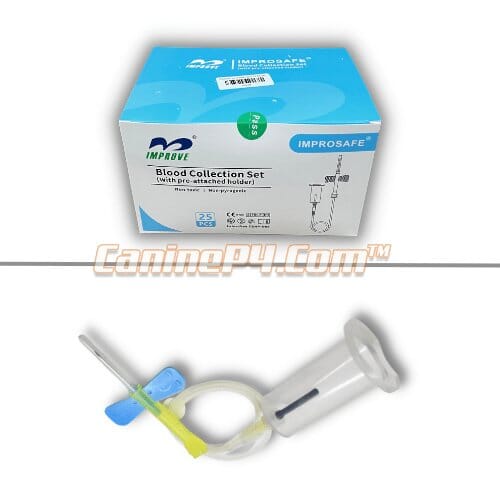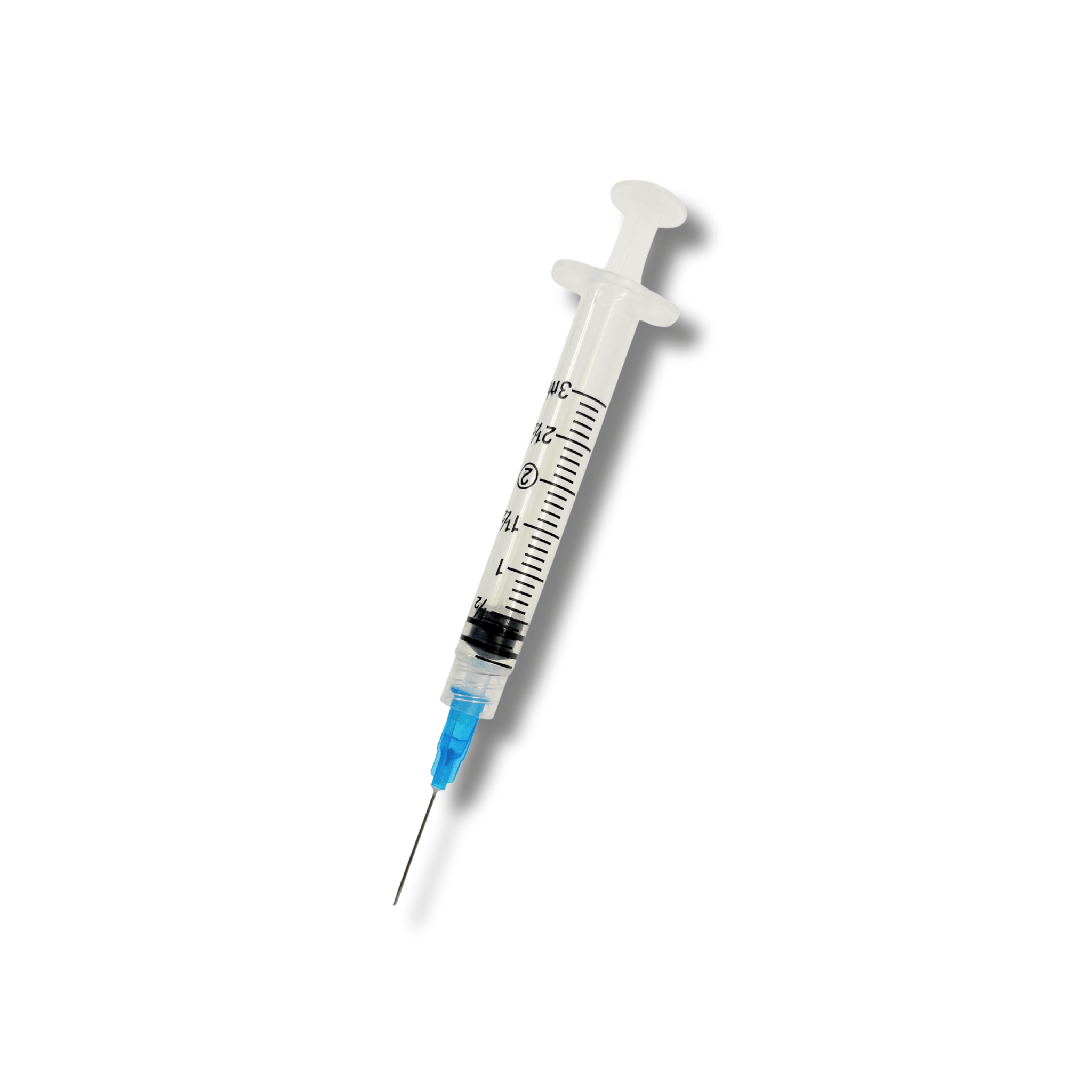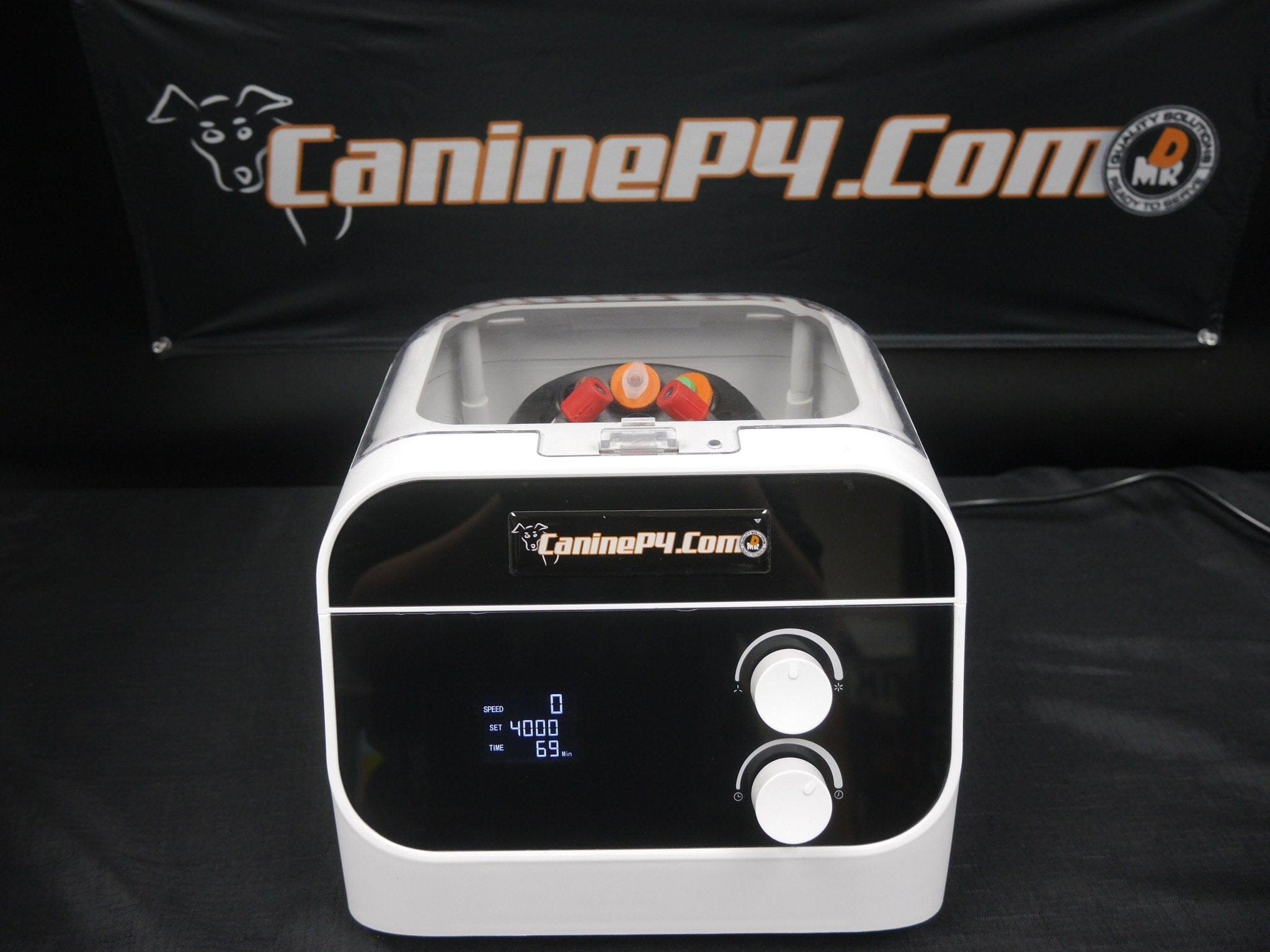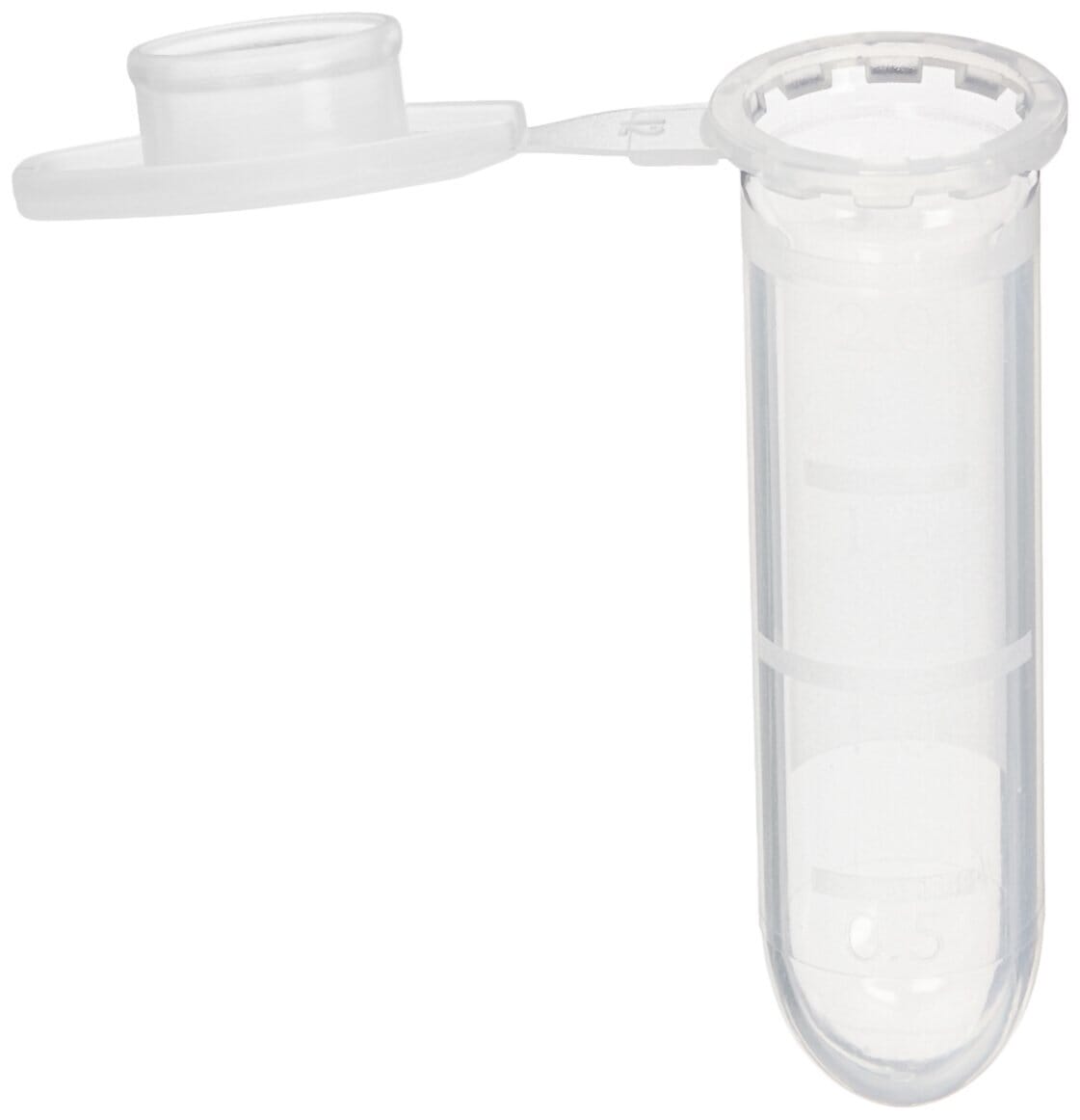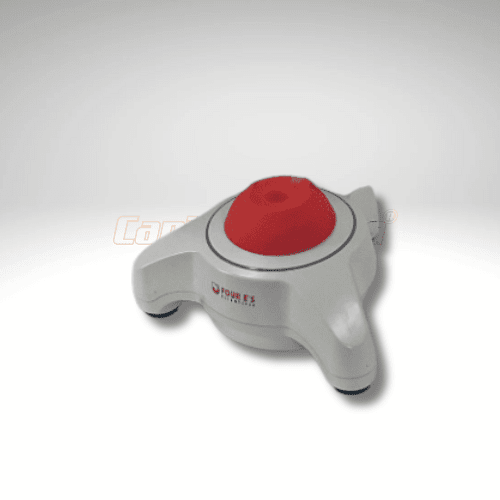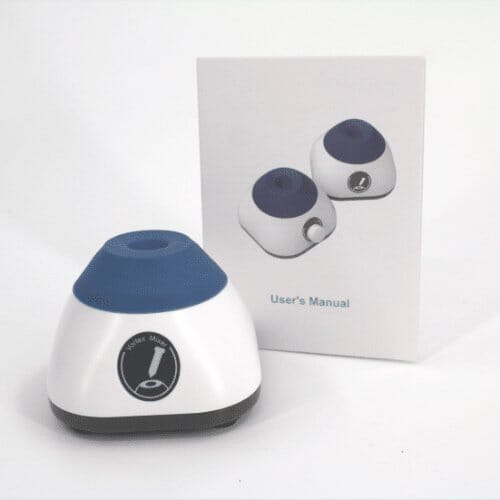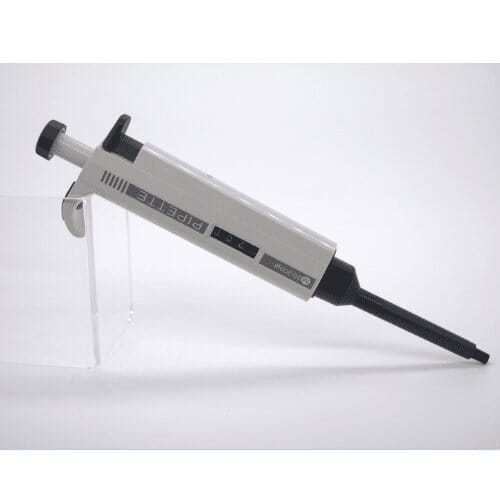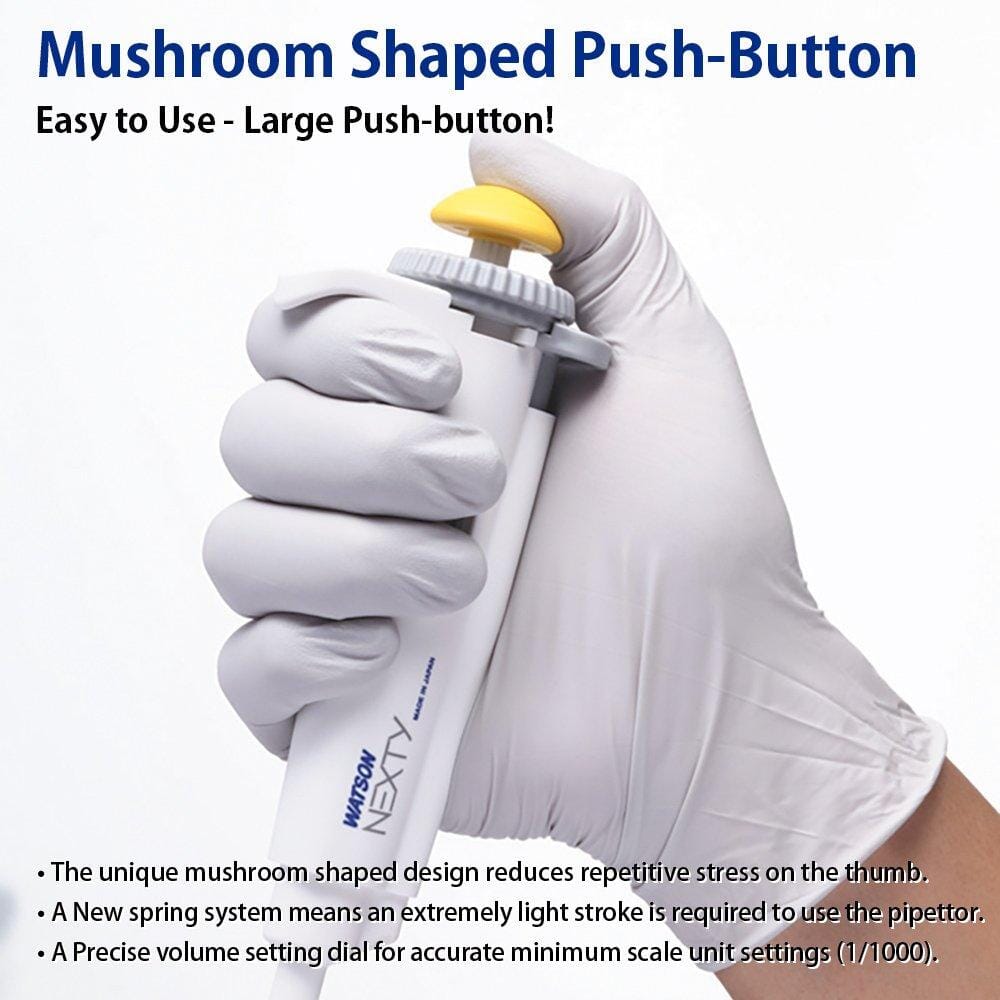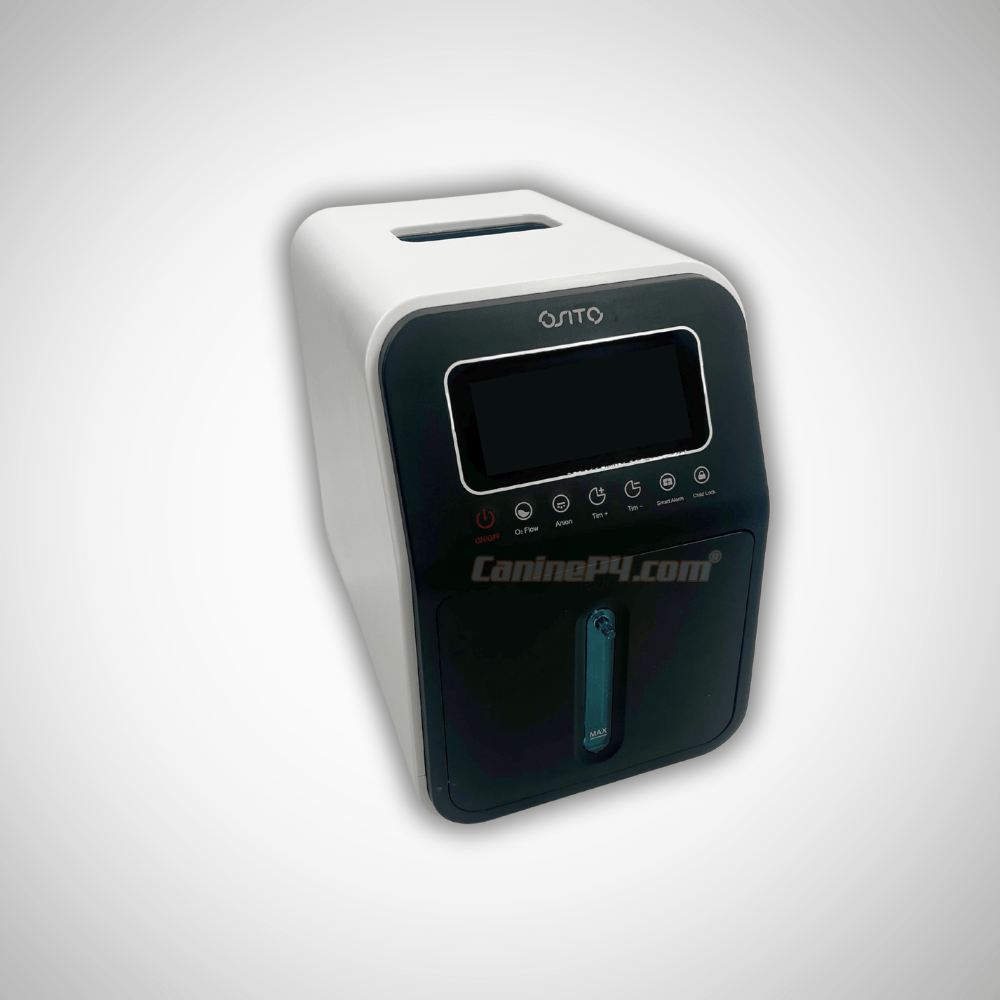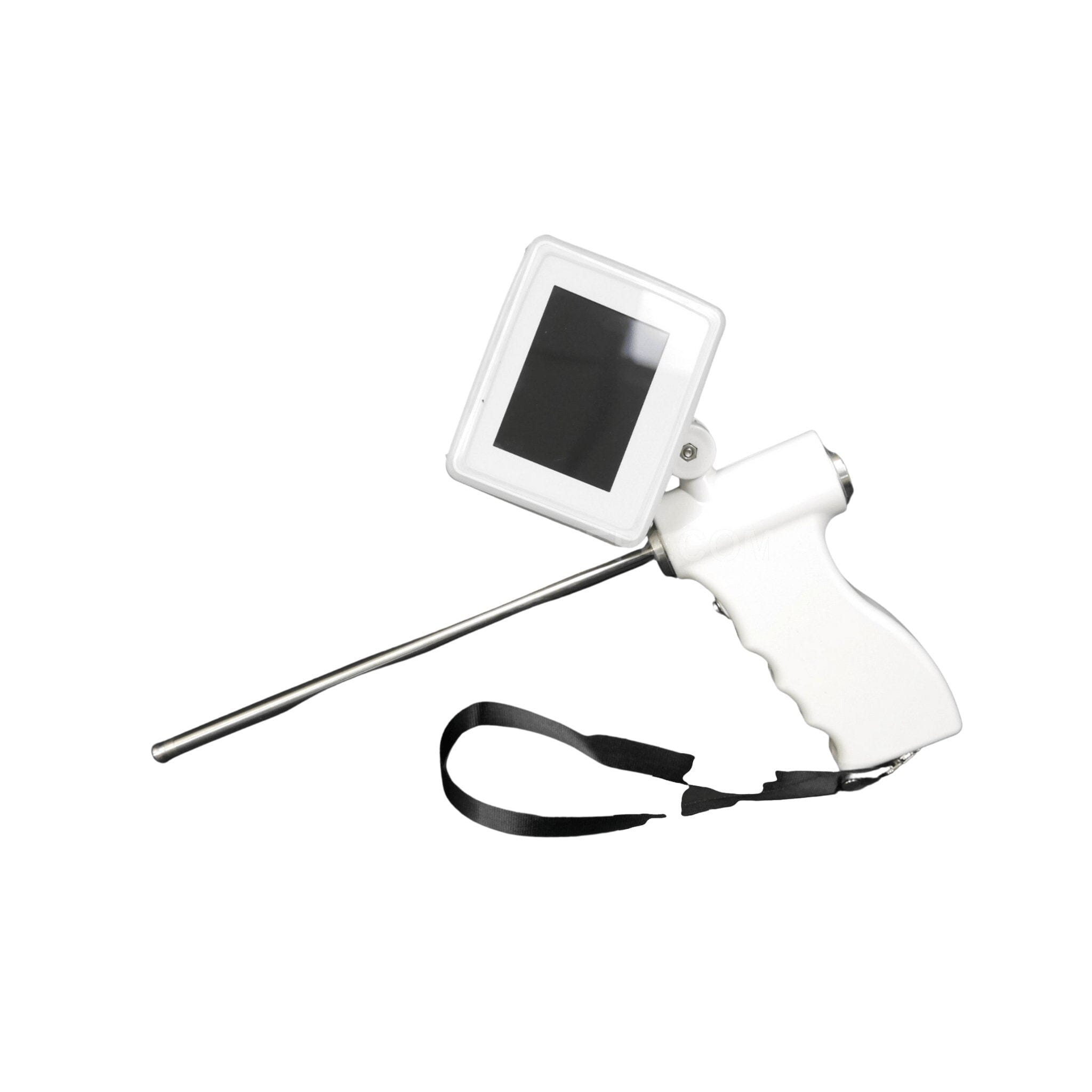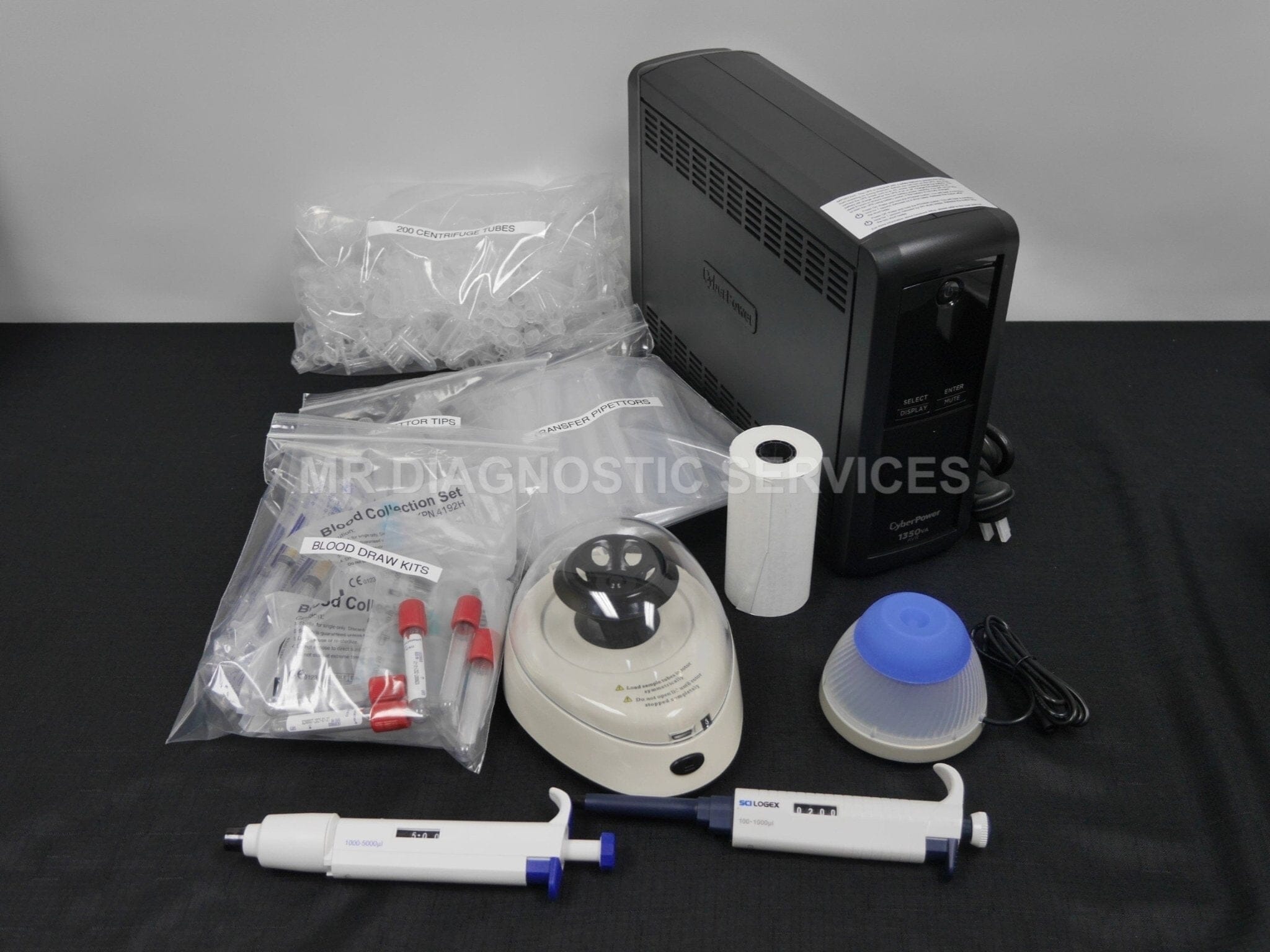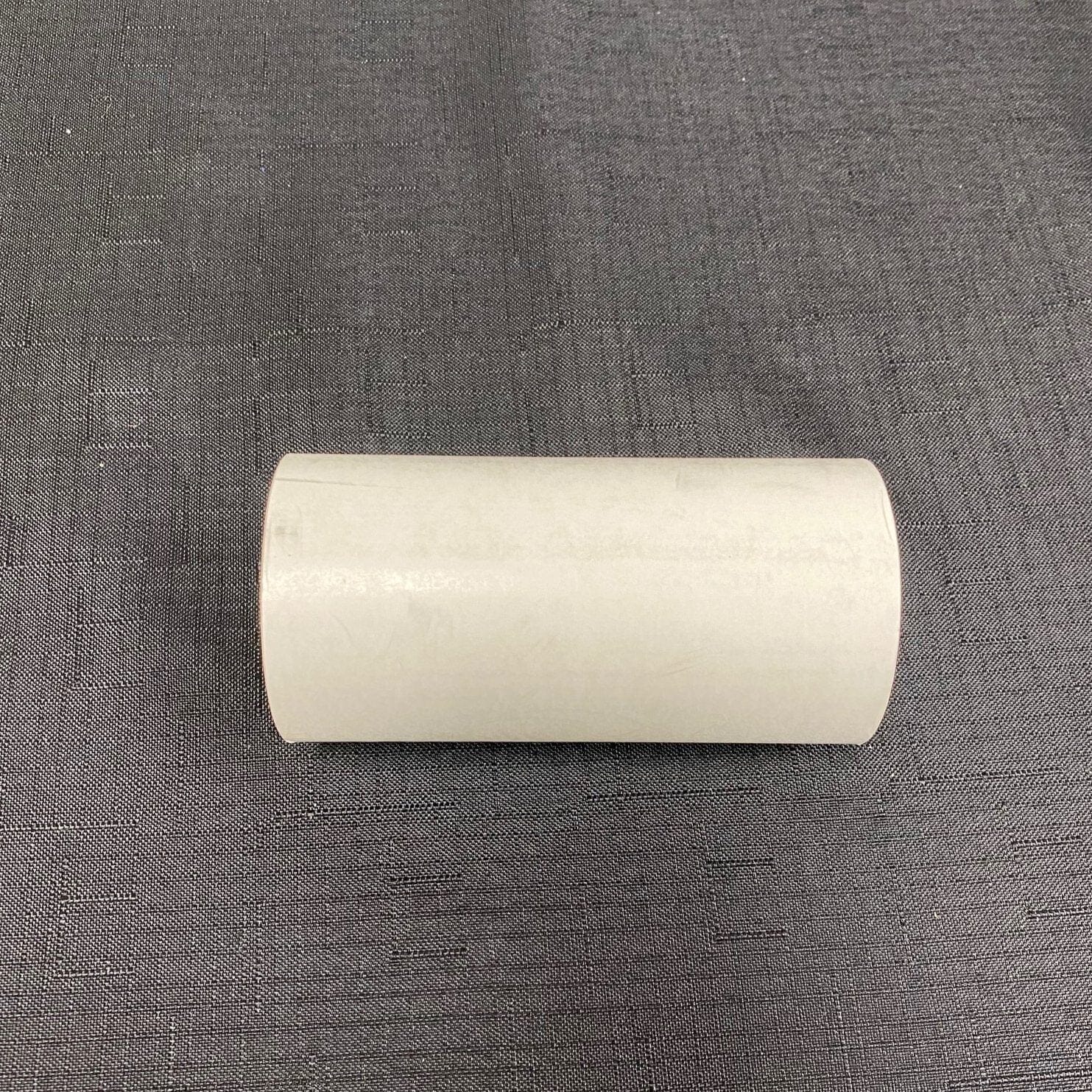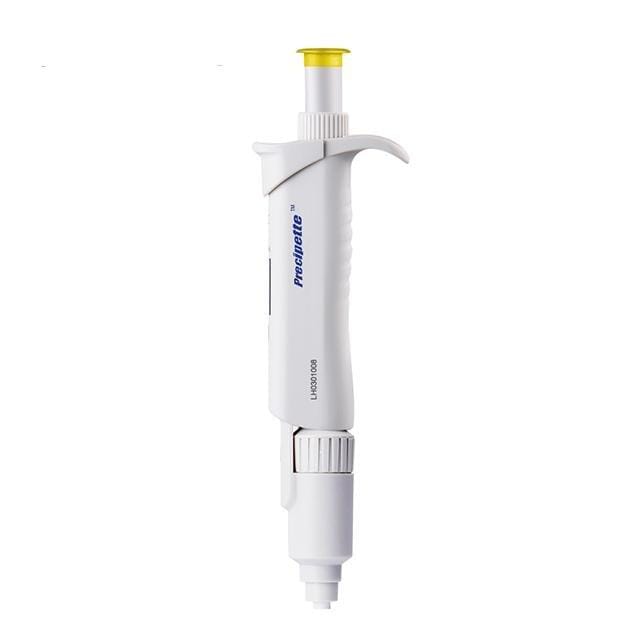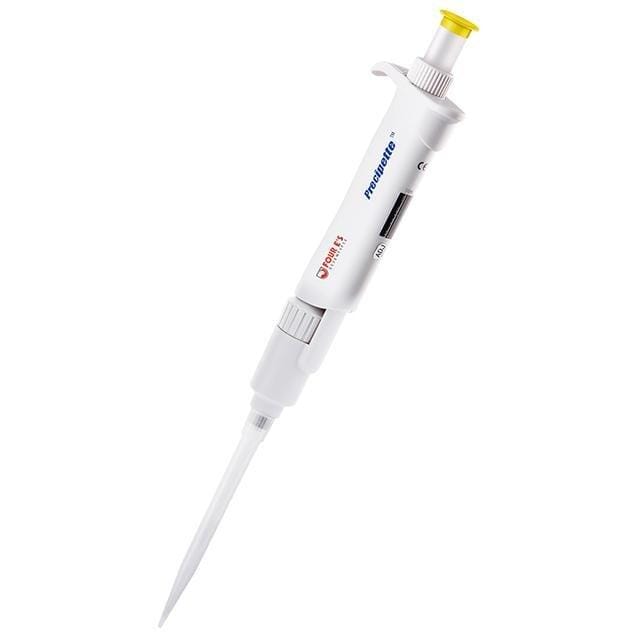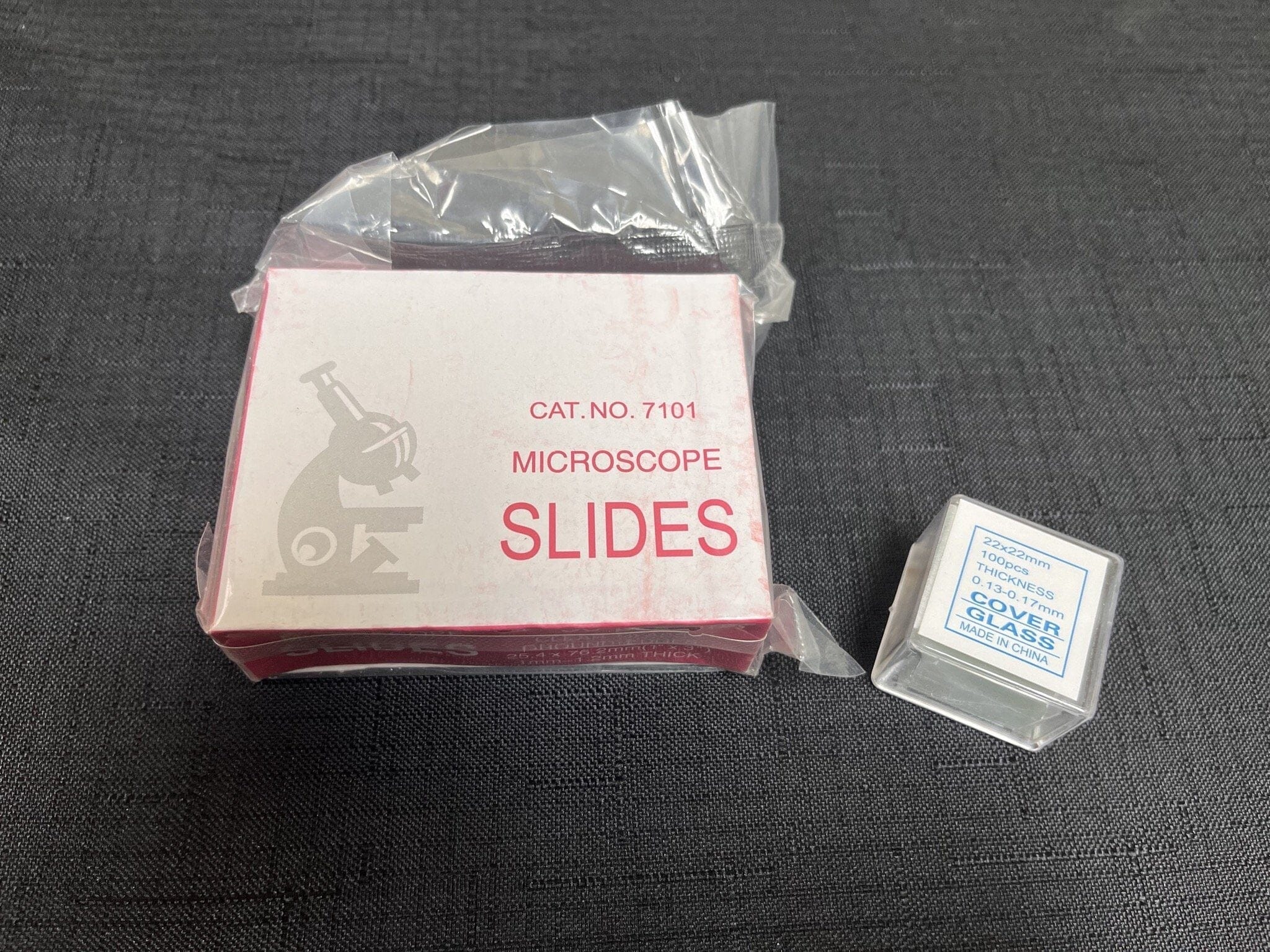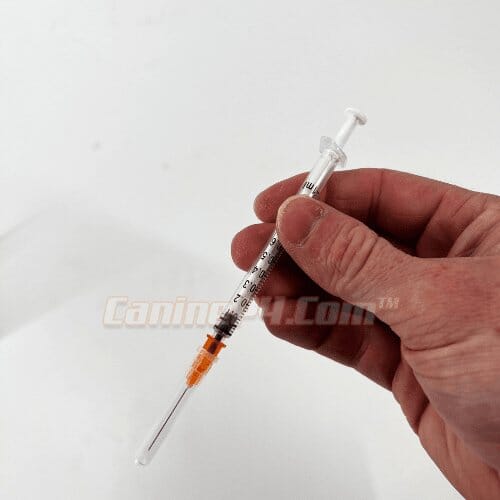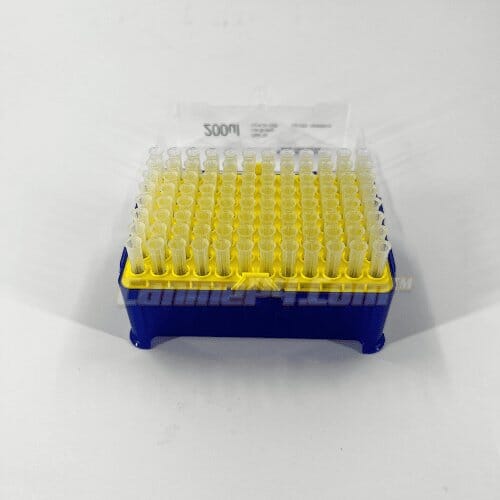Menu
Dog breeding tips:1 Easy step to maximize litters..
The humane way is often the most profitable as well. Breeding dogs is not strictly business, it involves loyal animals that rely on you for their every need.
Taking care of your dogs is not only the right thing to do,
it also can help increase litter sizes and minimize losses.
Dogs are susceptible to many diseases such as parvovirus and pyometra that can wreak havoc on your dogs and your business.
Testing cCRP before breeding ensures your dogs are healthy,
and will minimize any financial losses as well.
What is cCRP?
cCRP (canine c-reactive protein) is a protein that increases significantly in the presence of inflammation. High levels of cCRP can be caused by numerous issues, including infections, trauma, and tumors. When cCRP is elevated, further investigation is needed.
cCRP is a great general health metric for all your dogs, however, it’s even more important for breeding. cCRP is elevated in reproductive disorders such as parvovirus, pyometra, CEH, and more. These disorders pose a great risk to both the mother and the babies and should be proactively screened for.
Why does it matter?
Many conditions associated with high cCRP levels are very serious to your dog’s health, especially if you are planning on breeding. A dog with high levels of cCRP is at high risk of miscarriage and birth defects.
For example, parvovirus is a highly infectious virus that is spread through physical touch and feces. Puppies are extremely susceptible due to their weak immune systems. If a pregnant dog is infected with parvovirus, it will likely lead to birth defects or miscarriage. A lost litter can be devastating.
Parvovirus produces an elevated cCRP level in infected dogs, making it possible to detect infection before choosing to breed.
cCRP won’t directly diagnose any of the causal factors such as parvovirus, but it will raise the alarm, and allow problems to be dealt with proactively.
A dog with high levels of cCRP should not be bred, as it can threaten the life of the bitch and the puppies. If high levels of cCRP are observed, please consult with your vet.
How can I test cCRP?
Most local vets have the capability to test cCRP and will be glad to assist you.
If you’d like to test at home, Both the Vcheck V200 and the Cube Vet already have this capability built-in, making it easy.
Visit caninep4.com and for more info on these machines.
How to interpret CRP tests?
cCRP can be elevated for many reasons, if you run a cCRP test and it comes back elevated, have your dog further examined by a professional.
A high CRP level doesn’t guarantee that your dog has one of the issues listed above, however, it does mean that your dog is under stress and is likely not suitable to be bred. More investigation is recommended.
For example, if parvovirus is present, we would expect to see CRP levels around 120 mg/l (base is 20mg/l on the Vcheck V200), (CRP tests do not serve as diagnostics)
Testing cCRP before breeding, along with other best practices such as verifying sperm health, using progesterone timing, proper sanitation, create the best possible chance of successful breeding.
Testing CRP before breeding is a great next step for the responsible breeder, boosting profits, and proactively taking care of your bitch.
For all general inquiries, please contact us at support@mrdiagnosticservices.com
©2020 Copyright. All rights reserved
- Choosing a selection results in a full page refresh.




